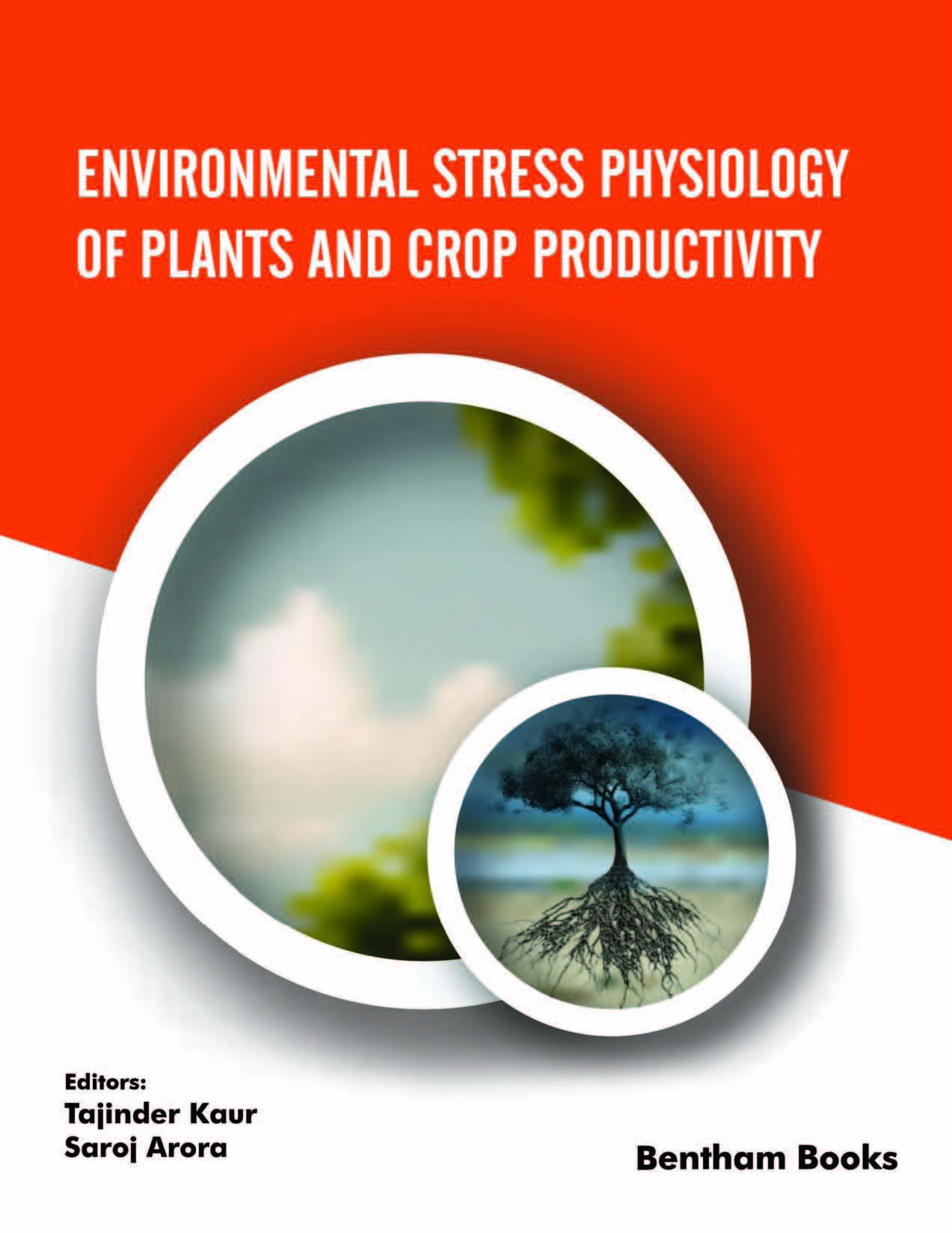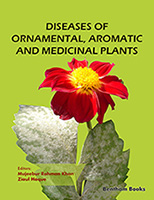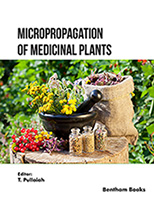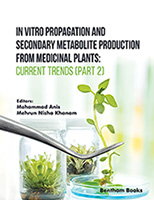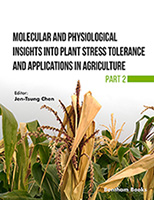Introduction
The knowledge of plant responses to various abiotic stresses is crucial to understand their underlying mechanisms as well as the methods to develop new varieties of crops, which are better suited to the environment they are grown in. Environmental Stress Physiology of Plants and Crop Productivity provides readers a timely update on the knowledge about plant responses to a variety of stresses such as salinity, temperature, drought, oxidative stress and mineral deficiencies. Chapters focus on biochemical mechanisms identified in plants crucial to adapting to specific abiotic stressors along with the methods of improving plant tolerance. The book also sheds light on plant secondary metabolites such as phenylpropanoids and plant growth regulators in ameliorating the stressful conditions in plants. Additional chapters present an overview of applications of genomics, proteomics and metabolomics (including CRISPR/CAS techniques) to develop abiotic stress tolerant crops. The editors have also provided detailed references for extended reading to support the information in the book.
Environmental Stress Physiology of Plants and Crop Productivity is an informative reference for scholars and researchers working in the field of botany, agriculture, crop science and physiology, soil science, and environmental sciences.

